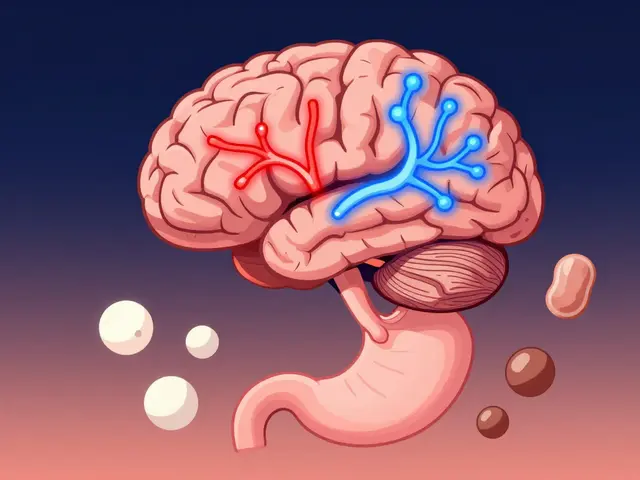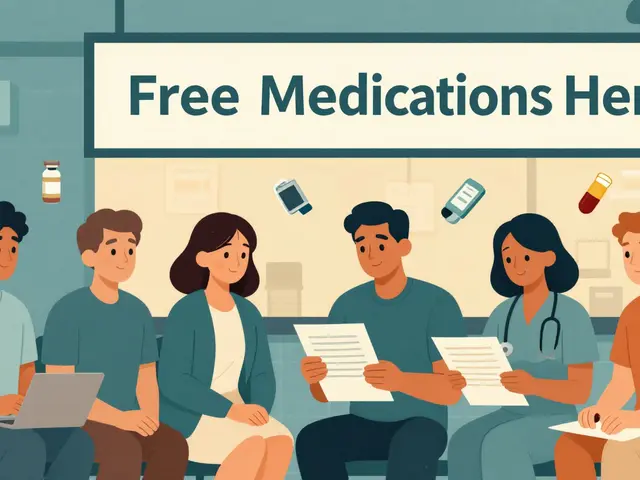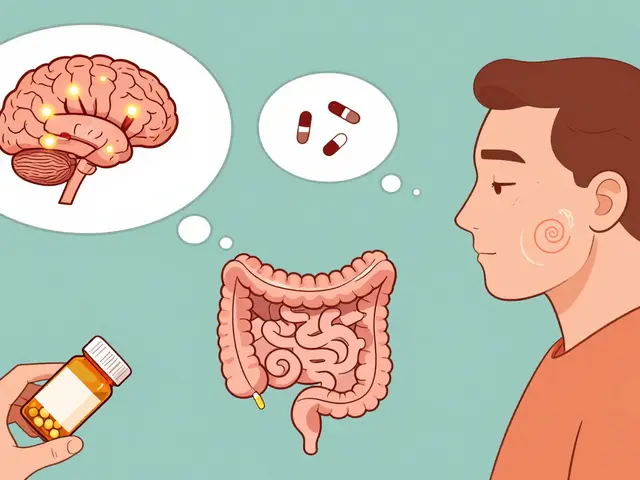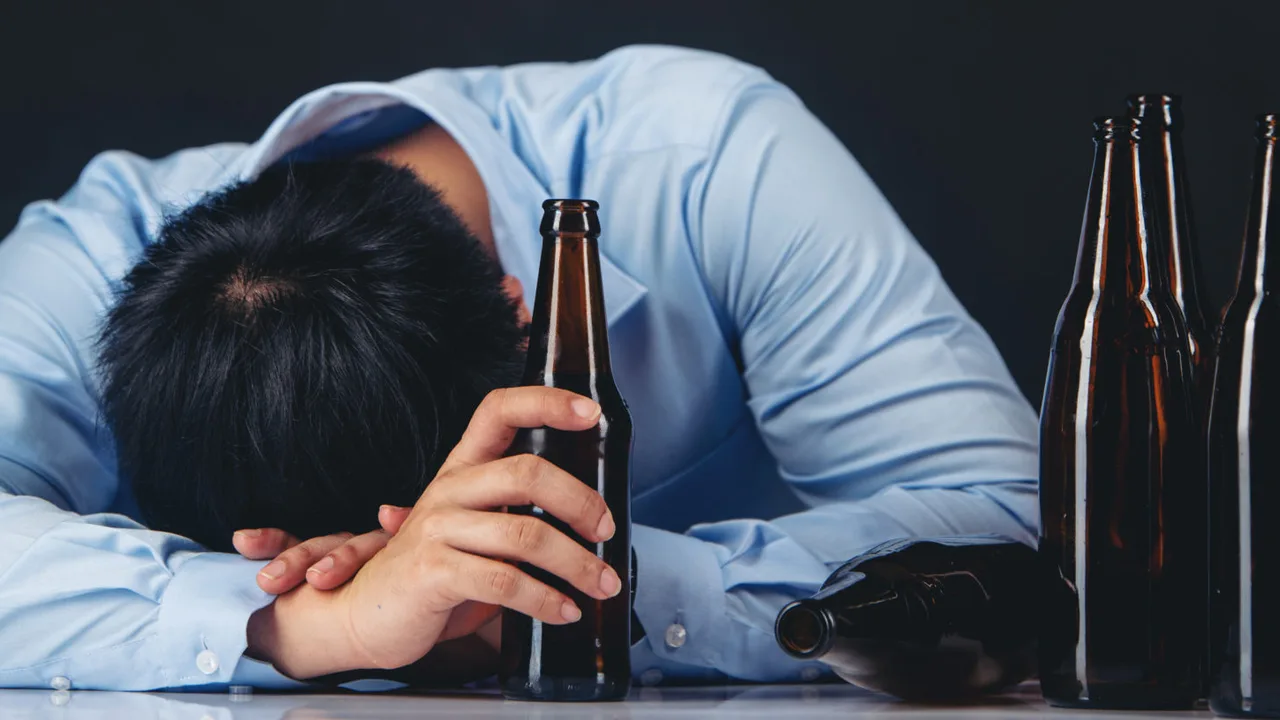Safety of Mixing Levothyroxine and Alcohol
If you take levothyroxine for hypothyroidism, you’ve probably wondered whether a glass of wine or a beer will mess up your medication. The short answer is: alcohol can change how your thyroid pill works, but the exact risk depends on how much you drink, when you take the drug, and your own health. Below we break down what really happens when you mix the two and give you clear, easy steps to stay safe.
How Alcohol Affects Levothyroxine Absorption
Levothyroxine is best absorbed on an empty stomach, usually 30–60 minutes before breakfast. Alcohol slows down stomach emptying, which means the pill sits in your gut longer and doesn’t get into your bloodstream as efficiently. Even a single drink can lower the amount of hormone that gets absorbed, leading to a temporary rise in TSH (the hormone that tells your thyroid to work harder). Over time, this can make you feel sluggish, cold, or notice weight gain – the same symptoms that make you take the pill in the first place.
Heavy or chronic drinking makes the problem worse. Alcohol can damage the liver, and the liver is where levothyroxine is converted into its active form. When the liver’s health is compromised, you might need a higher dose of levothyroxine to keep your labs in range. In short, regular binge drinking can turn a stable thyroid regimen into a guessing game.
Practical Tips for Safe Use
1. Take the pill first. Swallow levothyroxine with plain water, wait at least 30 minutes, then have breakfast. If you plan to drink, keep alcohol at least an hour after the pill.
2. Limit the amount. One standard drink (5 oz wine, 12 oz beer, or 1.5 oz spirits) is unlikely to cause major issues for most people if you keep it occasional. Stick to moderate drinking – no more than two drinks a day for men, one for women.
3. Watch for symptoms. If you notice sudden fatigue, hair loss, constipation, or a rapid heart rate after drinking, it might be a sign that your thyroid hormone levels are off.
4. Get labs checked. If you’re a regular drinker, ask your doctor to test TSH and free T4 every 6–12 months. Adjusting the dose is easier when you have recent numbers.
5. Be extra careful if… you’re pregnant, have liver disease, are over 65, or take other meds that affect the thyroid. In these cases, even a single drink can tip the balance.
Remember, the safest route is to separate the two activities. Take levothyroxine in the morning, wait, then enjoy a drink later in the day if you want. If you’re unsure, a quick call to your doctor can clear things up before you mix anything.
Bottom line: occasional moderate alcohol isn’t a automatic disaster for levothyroxine, but timing, amount, and your personal health matter a lot. Stick to the simple steps above, stay on top of your lab results, and you’ll keep your thyroid steady while still being able to enjoy a cocktail now and then.
Levothyroxine and Alcohol: Is It Safe to Mix the Two?
Hey there, I've been diving into interesting stuff lately. This piece, for instance, is all about the effect of mixing Levothyroxine, a thyroid medication, with alcohol. Is it safe? What are the potential side effects, if any? I did some research to answer these questions for those who might be courting this curiosity. Stick around if you're also looking to unravel this mystery, and let's learn together!






